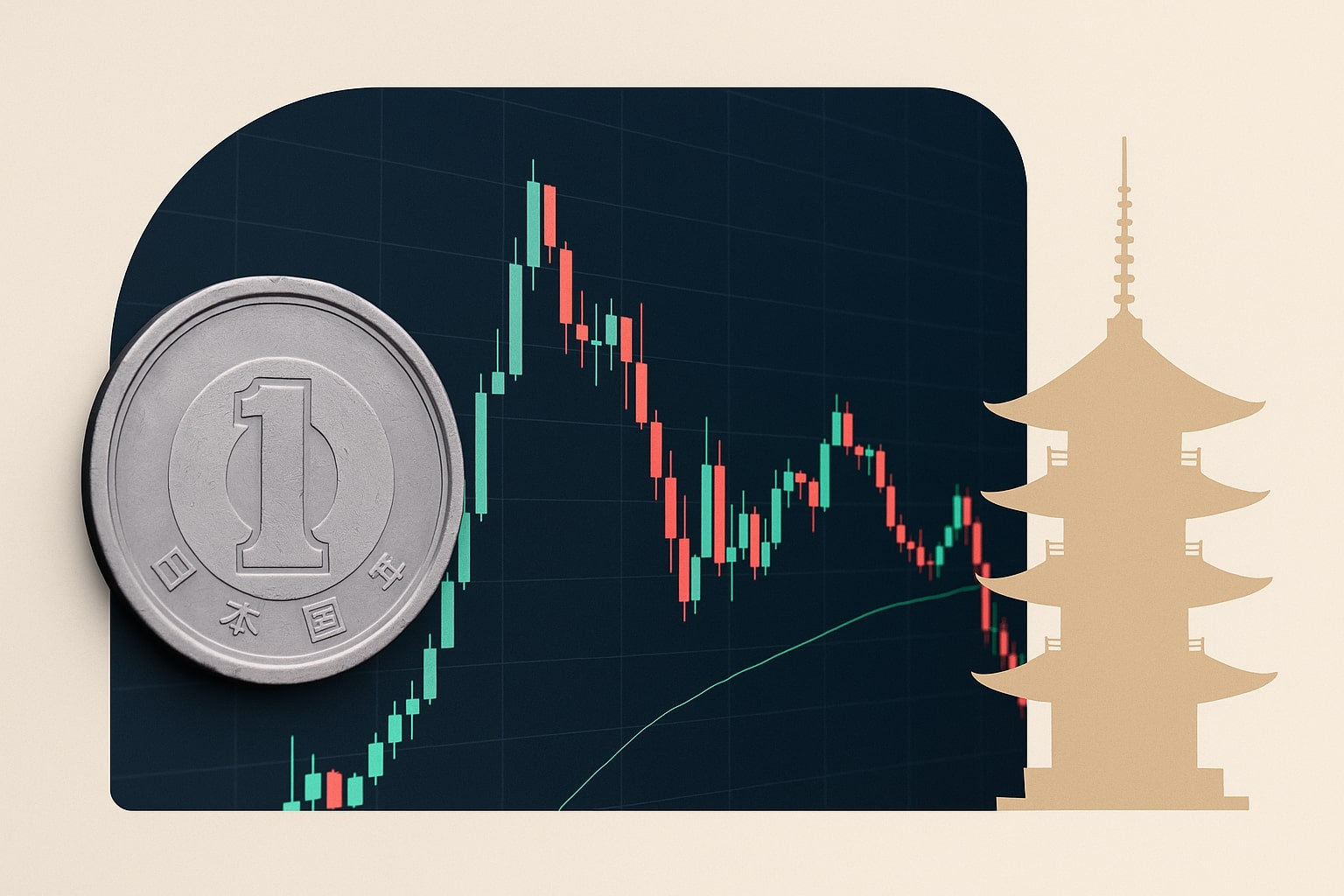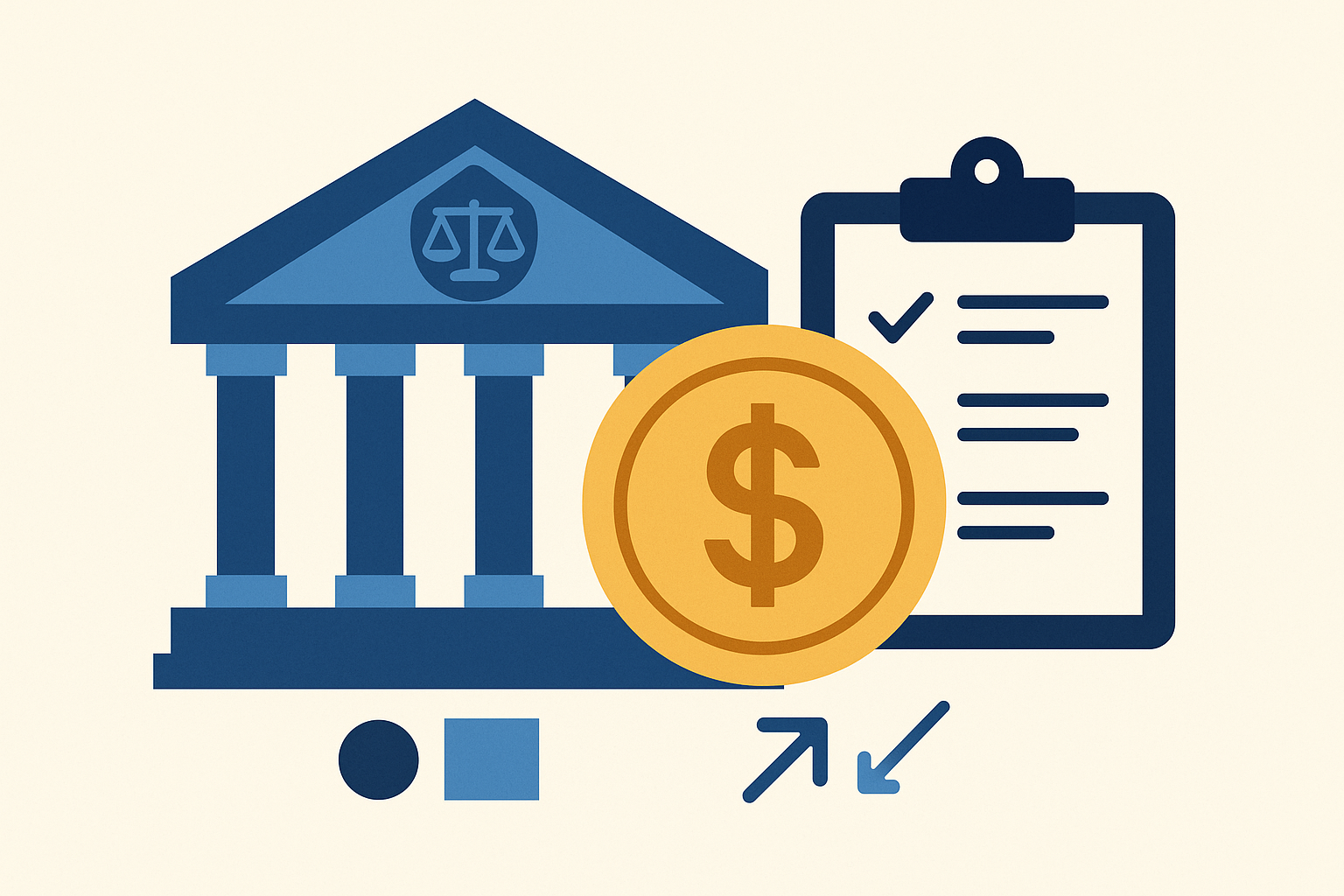📰 Penske Media Sues Google Over AI Overviews Using Publisher Content Without Consent
Introduction
Asia stocks opened the week mixed, with sharp losses in Japan and South Korea dragging regional sentiment lower, while Hong Kong rallied on upbeat Chinese factory data.
🧑⚖️ Rolling Stone Owner Penske Media Sues Google Over AI Content Usage
Penske Media Corporation, the owner of Rolling Stone, Billboard, and Variety, filed a lawsuit on Friday against Google, alleging that the tech giant’s AI-generated summaries misuse its journalism without consent and siphon off traffic from its websites.
The lawsuit, filed in federal court in Washington, D.C., marks the first legal action by a major U.S. media group against Google’s AI Overviews — a feature that displays AI-generated article summaries at the top of search results.
📉 Publishers Say AI Overviews Cut Traffic, Revenue
Media organizations have been voicing concern for months that Google’s new AI features reduce user clicks on source websites, hurting both advertising income and subscription revenue. Penske claims that nearly 20% of search queries linking to its content now show AI-generated summaries, a figure expected to increase.
According to the lawsuit, Penske’s affiliate revenue has dropped more than 30% since its peak in 2024, in parallel with the rise of AI summaries in Google Search.
⚖️ Power Imbalance & Monopoly Concerns
Penske alleges that Google leverages its dominance in the search engine market — where it holds an estimated 90% share — to coerce publishers into allowing their content to be used in AI summaries, without direct compensation.
It argues that without such market dominance, Google would be forced to negotiate licenses or pay publishers to use their content for AI training and display.
Jay Penske stated:
“We have a responsibility to proactively fight for the future of digital media and preserve its integrity — all of which is threatened by Google’s current actions.”
🧑🏫 Not the First Publisher to Push Back
This is not the first time a company has challenged Google’s AI practices. In February 2025, online education provider Chegg also filed a lawsuit, claiming Google’s AI-generated content undercut demand for original educational material.
🧠 Google’s Response: More Discovery, Not Less
In response to the lawsuit, Google spokesperson Jose Castaneda defended the AI Overviews feature:
“With AI Overviews, people find Search more helpful and use it more, creating new opportunities for content to be discovered. We will defend against these meritless claims.”
Google maintains that AI Overviews actually increase exposure to a broader range of websites.
Earlier this month, the company also secured a rare antitrust win, with a judge ruling that Google will not be required to divest Chrome — a blow to publishers hoping for stronger search competition.
📰 Industry Pushback Continues
Industry leaders, including Danielle Coffey, CEO of the News/Media Alliance, criticized the lack of transparency and fairness:
“Google doesn’t feel the pressure to negotiate like OpenAI or others because of its massive market power. That’s the real issue here.”
While companies like OpenAI have begun licensing deals with News Corp, Financial Times, and The Atlantic, Google has lagged behind in making similar agreements for its competing Gemini AI chatbot.
🔗 Stay Informed with FastPip
At FastPip, we track the intersection of AI, regulation, and digital markets. For more insights into how legal battles like this may impact tech giants, search visibility, and content monetization:
👉 Read more on the FastPip Blog

 Check Our
Check Our  Whether you’re a day trader or a long-term investor, FastPip gives you the tools to trade smarter, not harder.
Whether you’re a day trader or a long-term investor, FastPip gives you the tools to trade smarter, not harder.


